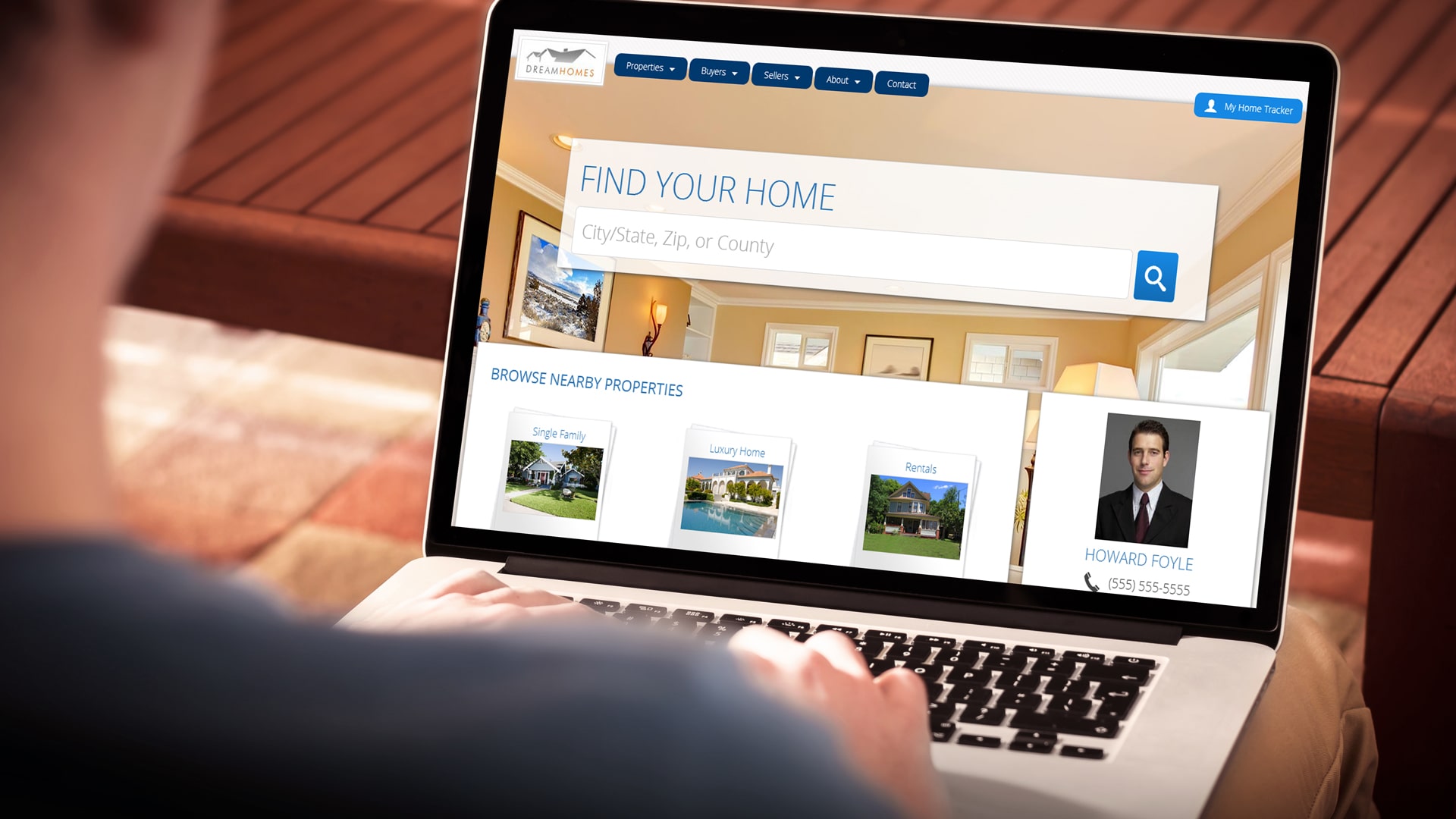The Rise of Online Real Estate Platforms
The internet has revolutionized the way we buy and sell homes. Gone are the days of solely relying on local newspapers and real estate agents. Today, a plethora of online platforms connect buyers and sellers, offering a wealth of information and resources.
Major Players in the Market
- Zillow: A household name in real estate, Zillow provides comprehensive data on home values, rental listings, and agent reviews. Users can search for homes, track market trends, and even get pre-approved for mortgages.
- Redfin: Known for its innovative technology, Redfin offers a unique blend of online and offline services, including buyer rebates and a network of in-house agents.
- Realtor.com: Powered by the National Association of Realtors, this platform boasts a vast inventory of listings and provides valuable insights into local markets.
- Homes.com: A user-friendly platform with a focus on visual search tools, Homes.com allows users to browse photos and videos of properties and connect with local agents.
- Apartments.com: As the name suggests, this platform specializes in apartment rentals, offering a wide range of options from studios to luxury high-rises.
Beyond the Big Names: Niche Platforms
- For investors: Platforms like LoopNet and BiggerPockets cater specifically to investors, offering commercial properties, investment opportunities, and networking forums.
- For luxury properties: Luxury real estate platforms like Mansion Global and Sotheby’s International Realty showcase high-end homes and connect affluent buyers with exclusive properties.
- For international buyers: Platforms like Juwai and Global Property Guide cater to international buyers and sellers, providing information on properties and market trends in different countries.
Utilizing Online Platforms Effectively
- Refine your search criteria: Utilize advanced search filters to narrow down your options based on location, price, number of bedrooms, and other important factors.
- Research neighborhoods: Explore neighborhood information, including schools, crime rates, and local amenities, to find the perfect location for your needs.
- Read reviews and testimonials: Check reviews of agents and property managers to make informed decisions.
- Utilize virtual tours and 3D models: Immerse yourself in properties virtually before scheduling in-person viewings.
- Connect with agents: Contact agents directly through the platform to schedule showings and get answers to your questions.
- Stay informed about market trends: Monitor market data and trends to make informed decisions and potentially capitalize on market fluctuations.
The Pros and Cons of Online Platforms
Pros:
- Convenience: Easily search for properties from the comfort of your home.
- Accessibility: Access to a vast inventory of listings from a single platform.
- Transparency: Access to information on property history, market trends, and agent reviews.
- Cost-effectiveness: Many platforms offer free access to basic features.
Cons:
- Information overload: The sheer volume of information can be overwhelming.
- Potential for inaccuracies: While most platforms strive for accuracy, some information may be outdated or incorrect.
- Lack of personal touch: Online platforms may lack the personal touch and expertise of a local real estate agent.
- Competition: High competition can make it difficult to stand out when making an offer on a desirable property.
Navigating the Ethical Considerations
- Data privacy: Be mindful of the personal information you share online and review the privacy policies of each platform carefully.
- Avoiding scams: Be wary of scams and fraudulent listings. Verify the legitimacy of listings and agents before proceeding.
- Fair housing laws: Be aware of fair housing laws and ensure that your searches and interactions do not discriminate based on protected characteristics.
The Future of Online Real Estate
The future of online real estate is likely to involve even greater technological advancements, including:
- Artificial intelligence (AI)-powered search tools: AI algorithms will personalize search results and provide more accurate property valuations.
- Virtual reality (VR) and augmented reality (AR) technology: Immersive experiences will allow buyers to virtually tour properties and visualize potential renovations.
- Blockchain technology: Blockchain could revolutionize real estate transactions by increasing security and efficiency.
Conclusion
Online real estate sites platforms have transformed the way we buy and sell homes, offering convenience, accessibility, and a wealth of information. By understanding how to effectively utilize these platforms and navigating the potential challenges, buyers and sellers can make informed decisions and achieve their real estate goals.

